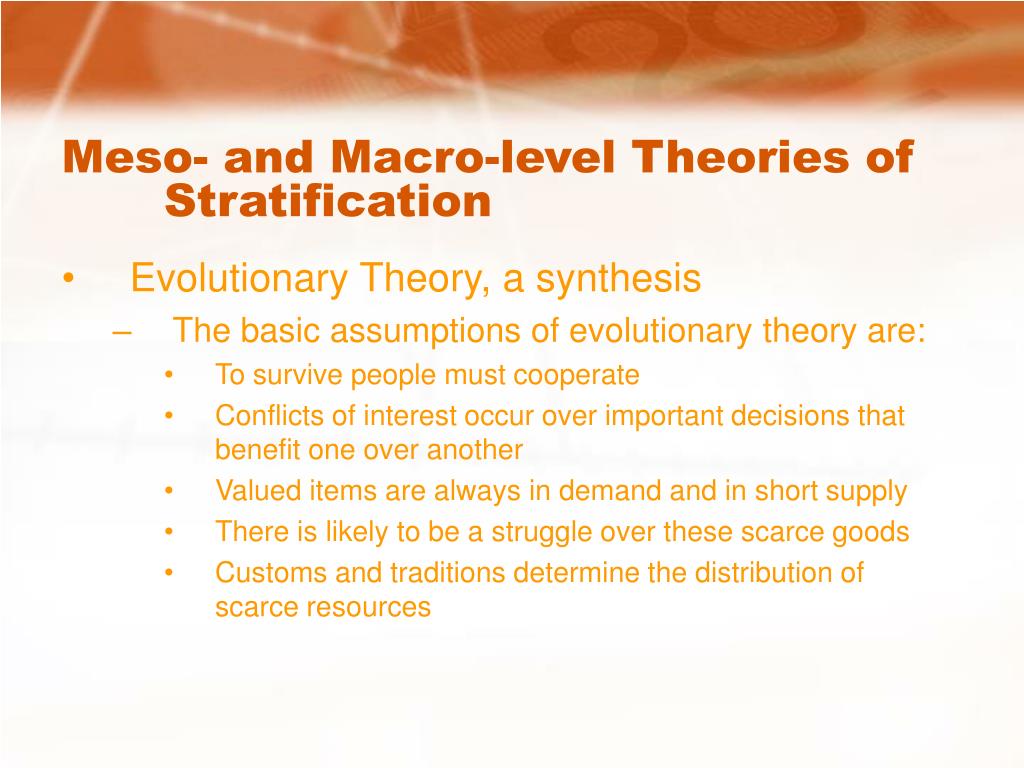

At the macro level, we develop grants that strengthen services in local communities. At the micro level, we identify foreign national adults and minors experiencing human trafficking and help connect them to benefits and services. The protection division uses many principles inherent to social work when helping people who have experienced human trafficking, looking at the whole picture when developing service programs. This includes administering grant programs, coordinating intra- and interagency activities to improve access to trauma-informed, person-first, and culturally responsive services, and managing the Child Eligibility and Adult Certification programs. OTIP’s protection division is responsible for coordinating services for children, youth, and adults who have experienced human trafficking. Betsy Reiber, Trafficking Specialist, Protection Division Although it can be an intrinsically motivating field, social work provides a wealth of opportunities, and a social worker’s knowledge is valued in every arena. Being a social worker allows for various opportunities to make changes in local, state, or even federal systems, and I enjoy being able to effect change at a macro level using my knowledge of direct service practice. Additionally, my social work experience helps me identify creative prevention strategies for OTIP to focus on. My direct service experience helps ensure the prevention division stays in touch with challenges faced in the field and allows us to develop realistic, implementable solutions. Using a public health approach, we look at the broader factors that influence human trafficking, and this aligns well with many social work principles.Īs a social worker in the prevention division, I leverage my social work background when managing grants and contracts to ensure they address gaps and meet the needs of the diverse communities they are designed for. The prevention division also develops and manages grant programs and contracts that strengthen human trafficking prevention efforts in various systems, including education, health care, behavioral health, public health, and social services. OTIP’s prevention division focuses on training and technical assistance, survivor engagement, public awareness, regional coordination, and prevention education.

Chanelle Rollins, LICSW, Trafficking Program Analyst, Prevention Division Social work acts as a bridge between systems and humans, and social workers help ensure research and policy efforts remain grounded in the lived realities of individual people, even as they seek to eliminate problems that are more abstract and structural. Policy researchers who collaborate with macro-level social workers, or who have a background in macro-level social work themselves, are better poised to evaluate the effectiveness of policy interventions and recommend solutions that serve the needs of individuals and communities.Īs a social work student interning with the research and policy division, I bring a human-centered approach to research inherent to my discipline, and my familiarity with social work practices, systems, and institutions informs how I critique macro-level policies implemented at the mezzo and micro levels. However, social workers also work at the macro level, navigating social issues on a much wider scale and creating change in systems that affect entire cities, states, and countries. People may assume the field only involves micro-level functions, like providing direct services and interacting with clients. Social workers can actively engage in policy research and play a crucial role in advocating for populations who are underserved, vulnerable, and marginalized to influence policymaking.Īs a practice, social work operates on three levels: the micro, the mezzo, and the macro. OTIP’s research and policy division collects and analyzes data on human trafficking, evaluates anti-trafficking program performance, supports research on human trafficking in partnership with other federal agencies and research institutions, and produces policy documents to inform and assist various stakeholders involved in human trafficking prevention and protection.

Hannah Wang, Research & Policy Intern, Research and Policy Division March is National Social Work Month! In recognition, social workers from OTIP's three divisions-research and policy, prevention, and protection-share how they use their knowledge and unique perspectives to strengthen anti-trafficking programs.


 0 kommentar(er)
0 kommentar(er)
